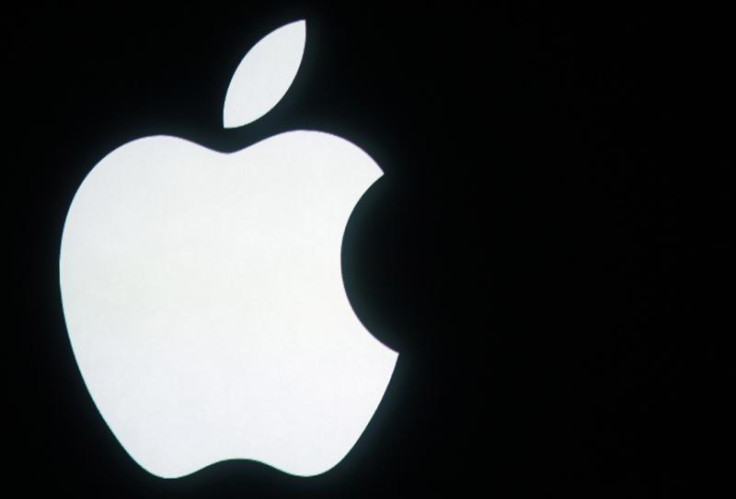Apple Patents Hint at Fuel-Cell in Future Laptops, Smartphones

Apple Inc. has long been known for ground-breaking technological innovations and its latest quest - to acquire fuel-cell patents - could further strengthen the company's portfolio of 17,000 software patents. Indeed, Apple could be silently planning an eco-friendly substitute for existing chemical batteries by acquiring fuel-cell patents to power its devices.
Apple has reportedly filed two key patents with the U.S. Patent and Trademark Office - "Fuel Cell System to Power a Portable Computing Device" and "Fuel Cell System Coupled to a Portable Computing Device".
A hydrogen fuel cell can generate electricity by converting hydrogen and oxygen into water. Fuel cells are a desirable energy source, as they are both eco-friendly and pack large amounts of energy in a smaller volume, compared to chemical batteries.
Impact on a Layman
Due to the compact nature of fuel cells, the batteries in phones and computers are designed to last weeks without requiring a recharge. In addition, their smaller footprints may lead to lighter and more compact smartphones.
"Our country's continuing reliance on fossil fuels, the hazards of offshore drilling, and the U.S.'s complicated political and military relationship with unstable governments in the Middle East," Apple reportedly said, when asked for reasons for acquisition of the fuel-cell patents.
So far, fuel cells have been used extensively in NASA's space satellites, cars, boats and submarines, for their ease of portability and environmentally friendly attributes. However, their use in portable devices could be a ground-breaking innovation.
Apple's fuel-cell patent depicts the technology built into rechargeable batteries, both receiving and providing power. The complete description of the system's working principle as filed under the patent is as follows:
"This fuel cell system includes a fuel cell stack which converts fuel into electrical power. It also includes a fuel source for the fuel cell stack and a controller which controls operation of the fuel cell system. The fuel system also includes an interface to the portable computing device, wherein the interface comprises a power link that provides power to the portable computing device, and a bidirectional communication link that provides bidirectional communication between the portable computing device and the controller for the fuel cell system."
Much of the ongoing flak the company is facing, over the poor battery performance of the iPhone 4S, could be laid to rest, if the new technology finds use in Apple's latest devices.
© Copyright IBTimes 2024. All rights reserved.







